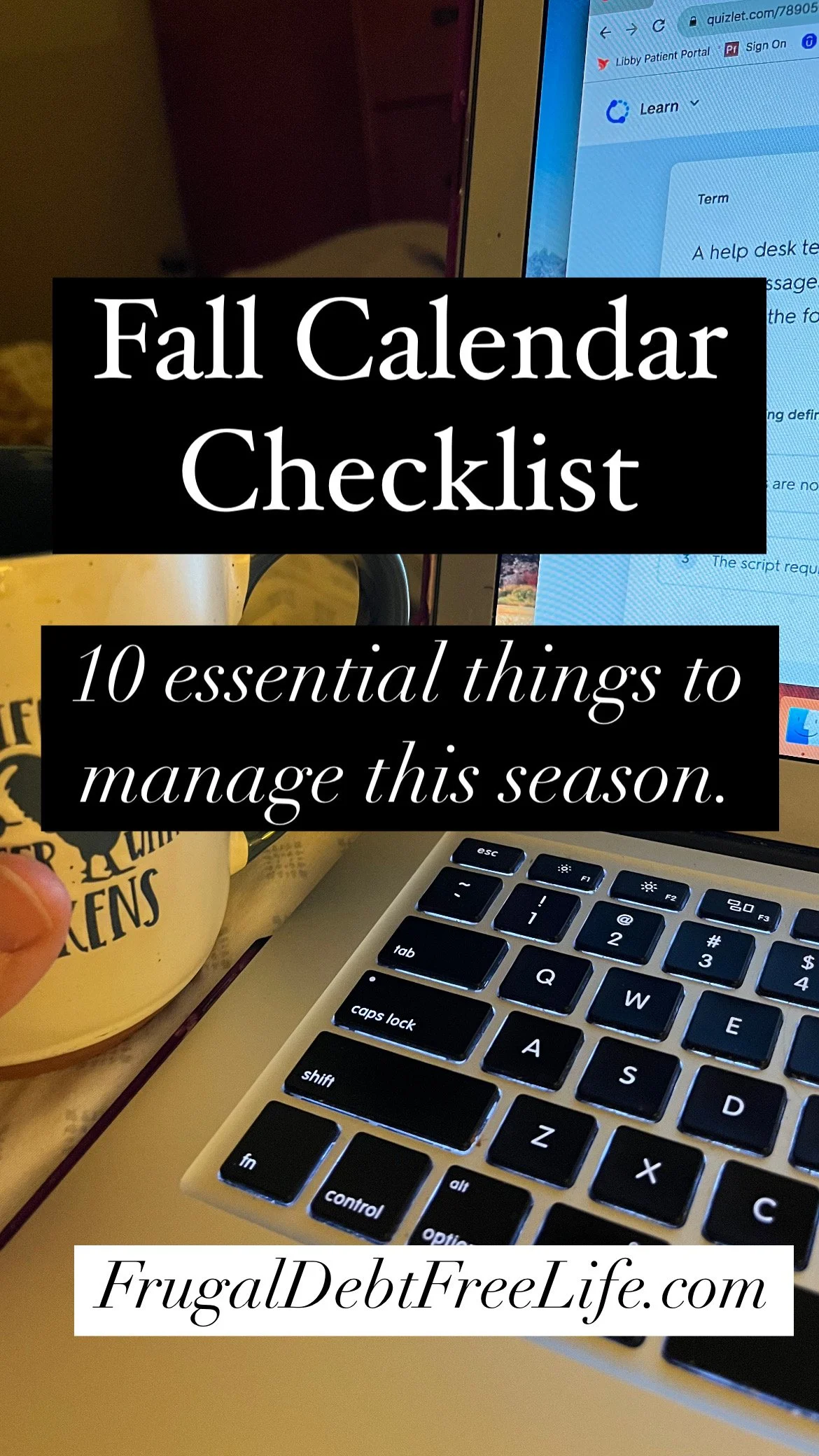5 things to do with your money before the end of the year
/With the year winding down let’s talk about a few things, we can do to set ourselves up for a good financial year in January.
1. Review your goals and set new ones
Goals. LOL. Right? In 2020. Okay. Look, it’s fine if you didn’t accomplish everything on your list. I think we should make a pack and pretend this year didn’t exist. It doesn’t count. So if you didn’t accomplish anything. Fine. The world imploded. You didn’t cause it.
But if you’re like me and setting and maintaining goals kept you sane, let’s talk about how to review and rest.
Did the goals you made this year align with your overall beliefs and lifestyle? Did the goals you made improve your life? Or were they stressful to maintain? Did you take any small steps that created a lasting change?
Instead of focusing on what went well and what went wrong, focus on what aligned with your life. What allowed you to spend more time on the areas you love? What moved you forward in a positive direction?
If a goal no longer feels relevant to your life. Let it go. But set aside some time to look at next year and decide on what areas you want to focus your time and energy. Pick just three areas you would like to see improvement and growth and come up with a plan.
2. Plan your budget
Now we don’t do an annual budget but we will look at things we need to do for the upcoming year and plan them out. Next year we will be focusing on remodeling the outside of our house. This year it was the inside. Which I need to update you on.
But we are deciding what needs to be done, planning it out, and budgeting for it. We know we can’t do it all at once because we’re cash flowing it in sections. So, for example, we need new windows. We know how much that will be, we have the money saved we complete that project and then save up for the next portions.
3. Review this past year's expenses.
See if there are areas you feel like you’re overpaying and where you can tighten up your budget. See if there are areas where you can be a little bit freer in your spending. Look at any subscriptions and see if you're using them and if not cancel. Switch cellphone providers if you can get a better and cheaper service. These expenses add up. Little leaks sink big ships.
4. Plan for holidays or time off.
But Lydia, the holidays are right now. I know, but you have time to make a quick idea of what you want to do next year. My husband is a workaholic and realized in October he had three weeks of vacation time just hanging out.
We’ve decided that next year we’re not going to wait so long to spend extended time together as a family. So plan to use your PTO. We don’t know how much time we have. Don’t spend it all working.
5. Plan next year’s savings
Do you have any savings or debt-paying goals for next year? If not do some planning. Break it up by paycheck or by month. If your goal is to save $20,000 plan how you’re going to break that up. If your goal is to remodel, start getting estimates and put together a budget.
Also, plan for your next year's retirement. If you want to invest a certain amount in your 401k pretax you need to break that up by paycheck and let your company’s payroll department know.
If you’re wanting to max out your Roth IRA contributions you need to put in about $500 a month so determine how much per paycheck that’s going to be.
The same with your HSA, if you need to put in a set amount break it up by paycheck.
























